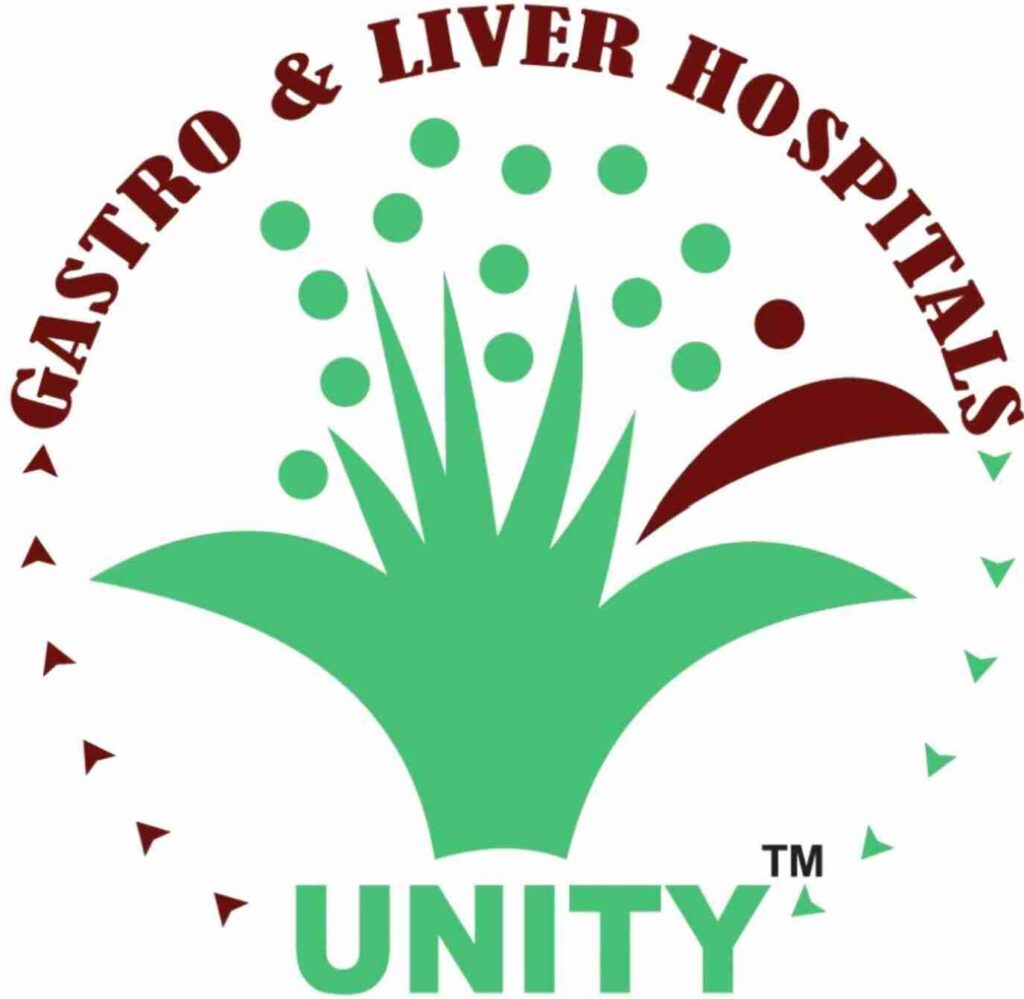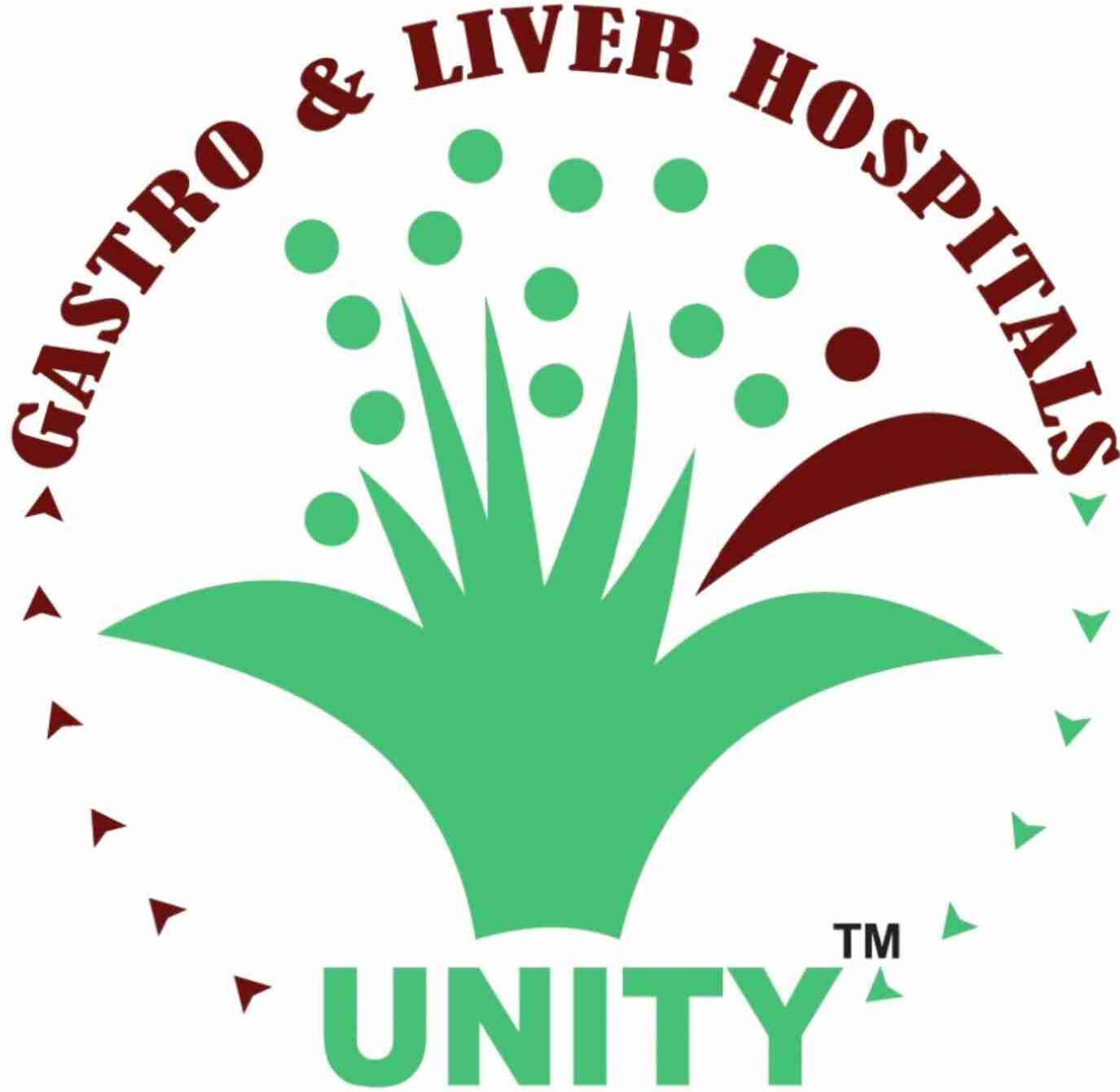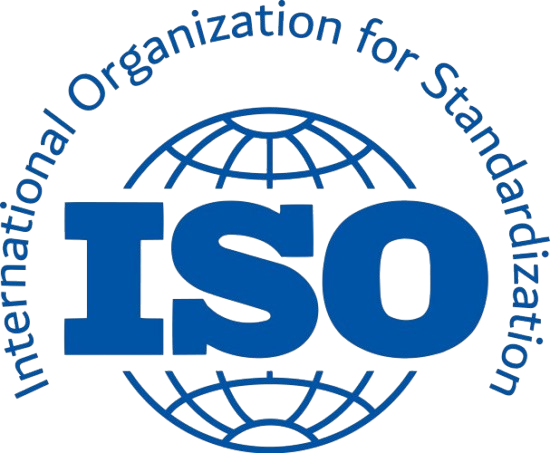Menopause is a significant phase in every woman’s life, yet it remains surrounded by misconceptions and stigma. Understanding what menopause entails and how to manage its symptoms can empower you to embrace this transition with grace and confidence. At Unity Gastro & Liver Hospital, we’re here to guide you through every step of this journey.
What is Menopause?
Menopause signals the cessation of a woman’s menstrual cycles, signifying the conclusion of her reproductive years. It is officially diagnosed after 12 consecutive months without a period, typically occurring between the ages of 45 and 55. Menopause is a gradual process, often preceded by perimenopause, a phase where hormonal changes begin to affect the body.
While menopause is a natural phase in every woman’s life, it can bring emotional and physical challenges. These changes are a result of fluctuating hormone levels, particularly the decline in estrogen and progesterone. Understanding this process not only helps women prepare but also normalizes discussions around this significant life event.
Common Symptoms of Menopause
The transition through menopause affects each woman differently. However, some common symptoms include:
- Hot Flashes: Sudden waves of heat, often accompanied by sweating. These are among the most common symptoms and can vary in intensity.
- Mood Changes: Irritability, anxiety, or mood swings due to fluctuating hormones. This can sometimes be exacerbated by other life stresses occurring around midlife.
- Sleep Disturbances: Insomnia or frequent waking during the night can leave women feeling fatigued and irritable.
- Vaginal Dryness: Discomfort or irritation due to reduced estrogen levels. This can affect intimate relationships and lead to urinary issues.
- Bone Health Concerns: Increased risk of osteoporosis as bone density decreases. Women lose bone mass more rapidly during and after menopause.
Additionally, women may experience weight gain, thinning hair, dry skin, or memory lapses. While these symptoms can be challenging, they are manageable with the right strategies and support.
The Stages of Menopause
Understanding the three stages of menopause can provide clarity:
- Perimenopause: This is the transitional phase leading up to menopause, where hormone levels begin to fluctuate. Symptoms may start during this phase and vary in severity.
- Menopause: The point when a woman has gone 12 months without a menstrual period.
- Post menopause: The years after menopause. Symptoms may ease, but the risk of conditions like osteoporosis and heart disease may increase.
Lifestyle Tips to Manage Menopause Symptoms
While menopause is unavoidable, its symptoms can be managed effectively with a few lifestyle adjustments:
- Balanced Diet: Prioritize calcium-rich foods, fruits, vegetables, and lean proteins to support bone and overall health. Include vitamin D supplements if necessary.
- Regular Exercise: Incorporate weight-bearing exercises like walking or yoga to maintain bone density and reduce stress. Exercise also helps improve mood and energy levels.
- Adequate Sleep: Establish a calming bedtime routine and avoid caffeine or heavy meals before sleep. Maintaining a cool, comfortable sleeping environment can also help.
- Hydration and Skincare: Drink plenty of water and use hydrating skincare products to combat dryness. Avoid harsh soaps and consider using estrogen creams for vaginal dryness if recommended by a doctor.
- Stress Management: Explore relaxation techniques like meditation or mindfulness to manage emotional well-being. Deep-breathing exercises can also help reduce anxiety and manage hot flashes.
Exploring Medical Support
Lifestyle changes can alleviate many symptoms, but some women may require medical interventions. Here are some common options:
- Hormone Replacement Therapy (HRT): Helps replenish declining hormone levels, alleviating symptoms like hot flashes and vaginal dryness. HRT is not suitable for everyone, so consult your doctor.
- Non-Hormonal Medications: Certain medications can target specific symptoms, such as antidepressants for mood changes or bisphosphonates for bone health.
- Nutritional Supplements: Supplements like calcium, vitamin D, and omega-3 fatty acids can support bone health and overall well-being.
Consulting a healthcare professional ensures personalized care tailored to your unique needs. Regular check-ups can help monitor changes and address any emerging health concerns.
Emotional and Social Impact of Menopause
Menopause doesn’t only affect the body; it can also influence mental and social well-being. Women may experience:
Body Image Concerns: Physical changes can affect self-esteem.
Relationship Dynamics: Changes in libido or mood may impact relationships. Open communication with partners can foster understanding.
Work-Life Balance: Coping with symptoms while managing work and family responsibilities can be challenging. Seeking support and setting boundaries are vital.
Why Choose Unity Gastro & Liver Hospital?
At Unity Gastro & Liver Hospital, we understand that menopause is more than just a phase; it’s a new chapter in life. Our team of compassionate and experienced specialists is dedicated to providing holistic care tailored to your needs. Whether you seek guidance on nutrition, require advanced treatment options, or simply need someone to talk to, we are here for you.
Our state-of-the-art facilities and patient-centered approach ensure that you receive the best possible care. At Unity Gastro & Liver Hospital, your well-being is our priority.
Take the First Step Towards Empowered Health
Don’t let menopause hold you back from living your best life. Contact Unity Gastro & Liver Hospital today to schedule a consultation and discover how we can support you through this transition. Together, we’ll make this journey a positive and empowering experience.





